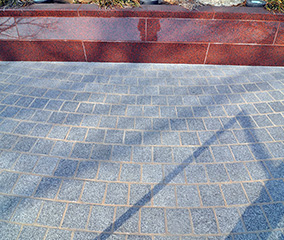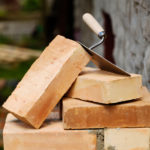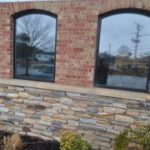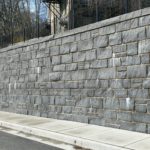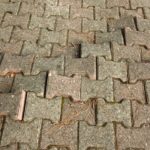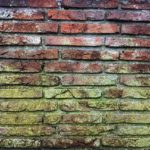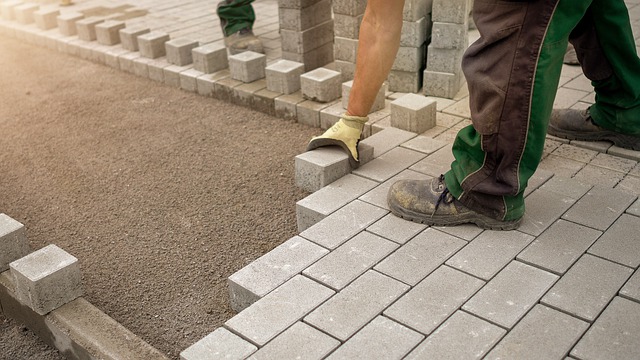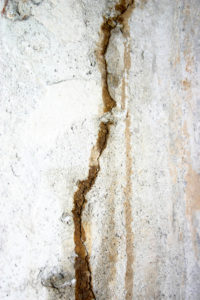
Harsh weather can damage the walls in masonry structures if moisture control isn’t adequately performed.
Masonry structures require attention and long-term care to keep their structural integrity and pleasing appearance. Harsh weather can damage the stone and brick walls if moisture control isn’t adequately performed. Moisture control in masonry buildings is an essential concern for pre-war buildings and older structures that have handled years of Maryland winters. (more…)





























